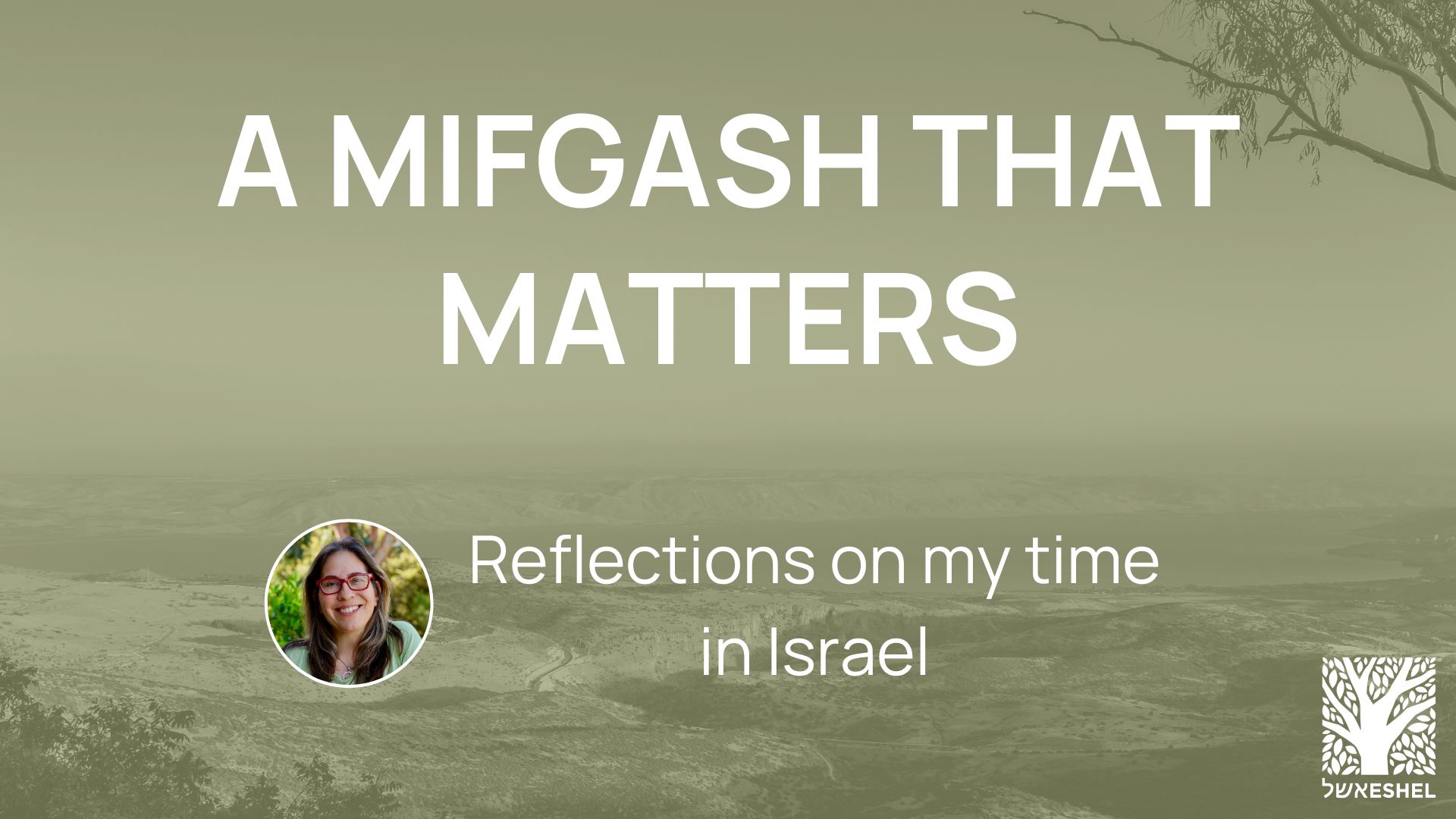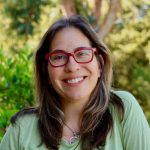
The night before I left for Israel, I talked to a friend about what he should do: his father, who lives on the other side of the continent, had just gotten a cancer diagnosis. I remembered back to when my parents had been sick and I had been far away. “Go be with him. He needs you and you need to be near him. You’ll feel better sitting by his side instead of sitting here, wondering how he’s doing. You’ll see with your own eyes.”
That’s what I told myself about the trip I was taking the next day to Israel with the iCenter and Upstart. Israel is in a bad place, a sick place, a broken place, and I could no longer sit here in the US wondering what life was like in a country with so many loved ones, relatives, and personal history. I needed to be there, and maybe my being there would help heal her a little bit. My intention was to go and listen to the many people I would meet. I wanted to absorb what I could from what they had been through, to bear witness, and to simply listen. I wanted to be with Israel like I wanted to visit a sick relative, knowing that sitting by their side brings comfort not only to them, but to me. When we talk, hear their stories, even laugh a little, and hold their hand, we feel their warmth and their life-force, even when they feel broken.
We were in a country numb and in shock. Many of the speakers we met kept repeating “this is the new reality… nothing is the same as before…we are different now … we know something has to change, but we are not sure what.”
We visited Netiv Ha’asarah, a moshav into which three terrorists had paraglided on October 7. The terrorists murdered 20 people. “I don’t read the news,” one of the displaced residents said. “We are the news.” Hearing the horrific stories of the survivors and all that they had been through, I was witnessing the tragedy.
“When you listen to a witness, you become a witness.” Elie Wiesel
We met one man, Yousef, who made me feel that there is hope for us in this country and hope for peace in the future. He was a van driver who had dropped off some people to attend the Nova Festival. Early the next morning, he got a call for help. He drove through the camp picking up wounded people, people escaping gunfire, risking his own life. He repeated over and again with his quiet humble manner, “We are all b’nei Adam, of course I was going to help them. Arab, Jew, Druze, Bedouin, Christian: we are all in this together.”
Along with musicians, artists, and podcasters we met with, we also met with leaders of civic organizations. Yarden Leal-Yablonka, Senior Deputy Director General of the Peres Center for Peace and Innovation talked about how when Ben Gurion had chosen Shimon Peres as a protégé, he said, “My job as Prime Minister is to worry about what is. Your job is to be responsible for everything that isn’t yet.”
After Oct. 7th, people did not know how to pivot their programming and activities at the Peres Center. They could not “copy and paste” their program model to this new reality, such as a mixed Muslim-Jewish soccer game, but needed a new approach. 99% of programs are done in partnership with other organizations, and now was perhaps not the time to force togetherness when the feelings were so raw.
They began by interviewing many of the families and survivors involved. They needed to get the word out about the massacre. They focussed on the untold stories: for example, that, for the first time in history, women stepped into places they had never been before, such as using tanks in battle. They did things to bolster people’s morale, but there were difficult things they needed to face with their partners.
“To see is to forget the name of the thing one sees.” Paul Valery
One of those difficult things was that many of their partners, Arabs, Christians, Muslims, immediately went silent. Leal-Yablonka was disconcerted that she had not heard from one of her Arab partners, a woman she had worked with for many years. She reached out and they met at a cafe. The first ones to die in the massacre were Israeli Arabs and Bedouins, and many Jafans and Bedouins in the south have family in Gaza, and their solidarity with Israelis was making them vulnerable to attacks by Hamas. So they were in a complicated and painful place. She was deeply touched by the woman who sat across from her who listened to her pain with her whole self, clearly feeling pain as well, but just listening with a full and empathic heart.
“To hold complexity and to be empathic is a muscle, and peacebuilding strengthens that muscle.” – Yarden Leal-Yablonka
But the main message from her was how we have to hold complexity – which takes time and work. Her belief that two truths can exist in one space, and our job is to be big enough to hold both of those, resonated for me and our work at Eshel. Leal-Yablonka taught many lessons about holding complexity, and how she does it. But one thing she shared with me is a recipe for how we at Eshel move forward in dialoguing about the most difficult topics: “We do not engage with an issue…we engage with people about an issue.”
The week I was in Israel, I heard story upon story. There was little talk of political issues, only how those issues have affected people. There were many stories of pain and heroism, but little talk of cause and blame. I felt that in listening to these stories, much like at Eshel, I became a witness. I exercised my empathic muscles to truly see someone for who they are, not for the label or name they hold.

